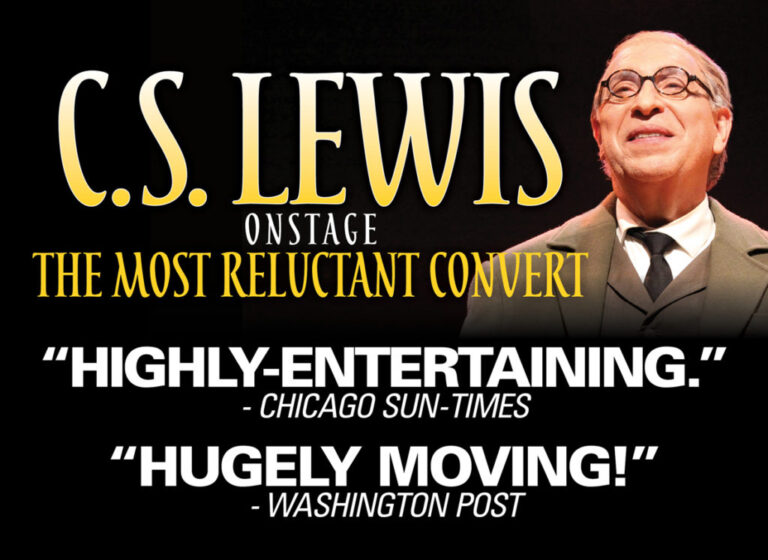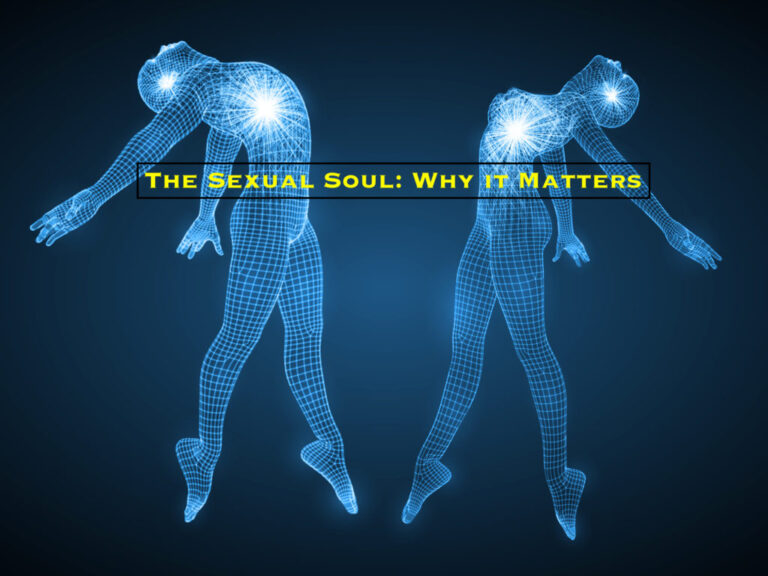When I was in elementary school I wanted to be an astronaut. I also wanted to be a lawyer, a musician and even a movie star, yep even me. Where would I be if I followed my passion? I am not saying that you should ignore your passion but something even deeper and more profound. That is what this post is about. Many motivational speakers will tell you to follow your heart or something similar to that. It nonsense of the highest order if it is followed in isolation of other important facts and considerations.
Mike Rowe has some wisdom you don’t want to miss out on!
Now, talk to anyone who did follow their passion and MOST of them did more than that, they did something called “work” they studied or practiced their butts off, and the opportunities presented themselves and they, after years of dedication were able to do what they loved. So the story is not as easy to reduce to mere passion.
If you don’t want to read this…just watch it (about 5 minutes) below.
Here is what Mike said..(note, I don’t endorse all he believes or says! 🙂 )
There are only two things I can tell you today that come with absolutely no agenda. The first is “Congratulations.” The second is “Good luck.” Everything else is what I like to call, “The Dirty Truth,” which is just another way of saying, “It’s my opinion.”
And in my opinion, you have all been given some terrible advice, and that advice, is this:
Follow your passion.
Every time I watch the Oscars, I cringe when some famous movie star—trophy in hand—starts to deconstruct the secret of their success. It’s always the same thing: “Don’t let anyone tell you that you don’t have what it takes, kid!”; and the ever popular, “Never give up on your dreams!”
Look, I understand the importance of persistence, and the value of encouragement, but who tells a stranger to never give up on their dreams, without even knowing what it is they’re dreaming? How can Lady Gaga possibly know where your passion will lead you?
Have these people never seen American Idol?
Year after year, thousands of aspiring American Idols show up with great expectations, only to learn that they don’t possess the skills they thought they did.
What’s really amazing though, is not their lack of talent—the world is full of people who can’t sing. It’s their genuine shock at being rejected—the incredible realization that their passion and their ability had nothing to do with each other.
Look, if we’re talking about your hobby, by all means let your passion lead you.
But when it comes to making a living, it’s easy to forget the dirty truth: just because you’re passionate about something doesn’t mean you won’t suck at it.
And just because you’ve earned a degree in your chosen field, doesn’t mean you’re gonna find your “dream job.”
Dream Jobs are usually just that—dreams.
But their imaginary existence just might keep you from exploring careers that offer a legitimate chance to perform meaningful work and develop a genuine passion for the job you already have. Because here’s another Dirty Truth: your happiness on the job has very little to do with the work itself.
On Dirty Jobs, I remember a very successful septic tank cleaner, a multi-millionaire, who told me the secret to his success:
“I looked around to see where everyone else was headed,” he said, “And then I went the opposite way. Then I got good at my work. Then I began to prosper. And then one day, I realized I was passionate about other people’s crap.”
I’ve heard that same basic story from welders, plumbers, carpenters, electricians, HVAC professionals, hundreds of other skilled tradesmen who followed opportunity—not passion—and prospered as a result.
Consider the reality of the current job market.
Right now, millions of people with degrees and diplomas are out there competing for a relatively narrow set of opportunities that polite society calls “good careers.” Meanwhile, employers are struggling to fill nearly 5.8 million jobs that nobody’s trained to do. This is the skills gap, it’s real, and its cause is actually very simple: when people follow their passion, they miss out on all kinds of opportunities they didn’t even know existed.
When I was 16, I wanted to follow in my grandfather’s footsteps. He was a skilled tradesman who could build a house without a blueprint. That was my passion, and I followed it for years. I took all the shop classes at school, I did all I could to absorb the knowledge and skill that came so easily to my granddad.
Unfortunately, the handy gene is recessive. It skipped right over me, and I struggled mightily to overcome my deficiencies. But I couldn’t. I was one of those contestants on American Idol, who believed his passion was enough to ensure his success.
One day, I brought home a sconce I had made in wood-shop that looked like a paramecium. After a heavy sigh, my granddad gave me the best advice I’ve ever received. He told me, “Mike, you can still be a tradesman, but only if you get yourself a different kind of toolbox.”
At the time, this felt contrary to everything I believed about the importance of “passion” and persistence and “staying the course.” But of course, he was right. Because “staying the course” only makes sense if you’re headed in a sensible direction.
And while passion is way too important to be without, it is way too fickle to follow around.
Which brings us to the final Dirty Truth. “Never follow your passion, but always bring it with you.”
Congratulations, again – and good luck.
I’m Mike Rowe from mikeroweWORKS, for Prager University.
See his short video on it…





Interesting post. How does this relate to a theistic “passion” to follow God? Are you saying something like the following: it’s not enough to merely want the world to conform to your desires; you have to make an effort to critically assess the way the world actually is? Or rather, faith on its own is not enough: one must be epistemically responsible about one’s beliefs?
Rowe makes the distinction between hobbies and making a living, but surely our ultimate purpose (assuming there is such a thing) is vastly more important than either of those?
That is right Miles!!
It is one of the reasons I posted it ?
We have to start somewhere.
Following our heart doesn’t always get us on the right path. Following what is more advantageous for making a living financially is not enough either.
Taking care of the environment is not enough.
Reminds me of a poem.
By Kobayashi Issa (1763-1828)
Os Guiness tells it this way. Issa’s children died. And every time one of these deaths occurred, he went to the Zen master and said, “Why?” And every time, the master said to him, “Remember the world is a dew.” Dew. “The dew is there on the ground, the sun rises, and the dew disappears. In other words, suffering is transient, evanescence as life is. So don’t get involved and engaged and attached. If you mourn for someone, it shows you’re too attached. Remember the world is dew.” And again and again, Hinduism and Buddhism teach that detachment and one of the proofs is which someone you love can die and you’re not moved in that way. But after one of his children’s deaths, Issa went home and wrote him most famous poem, which transliterated into English runs like this,
“The world is dew,
the world is dew,
and yet, and yet.”
“And yet….” Is the cry of every human heart who thinks deeply on the impermanence of life and the cry of our heart to reject those who just tell us to just accept it.
Glad I understood you! It’s a good message.
Thanks Khaldoun,
Very good post and theme and excellent poem.
The person who rationally believes in an ultimate, theistic metaphysical permanence of life, probably understands that it is a mere rational belief and not Knowledge.
The person who rationally accepts that life is purely physical and that there is no metaphysical reality and/or impermanence of life, probably understands that we might never fully know the physical reality, hence this person will never grasp the full knowledge of the nature of life or reality.
So both theist and atheist, who think deeply on the impermanence of life, will ponder “and yet, and yet”. Is absolute Certainty (or absolute Knowledge) something that we, as humankind, will never posses? Are we only able to see, imagine and think mere shadows of reality instead of Reality itself?
Intellectually, gracefully bearing the humiliating insight and burden of this uncertainty is maybe the challenge of the “condition humain”.
And Piet, is humiliating insight –this uncertainty– is a clue that there is so much more to the universe and our lives than we thought. Something amazing!
“Blessed are the humble, for they shall inherit the earth”;Is indeed a good message
Thanks Khaldoun,
I agree that, for humankind, almost certainly there is a lot more to discover in the physical world. However, I fear, that the more we discover, the more we know, the sharper the insight will become that we will never be certain.
Therefore, I do not agree, that the uncertainty is a “clue” that there is more than the physical reality to the universe and to our lives. The fact that there will always be uncertainty, does not logically imply that there must ultimately be certainty or a metaphysical Certainty. It is equally plausible that uncertainty is an intrinsic characteristic of the physical reality.
Hence, I am afraid, it can never be certain that absolute Certainty exists.
Thanks for your frankness and feedback Piet…just one question:
Are you absolutely certain that we cannot be certain about anything?
Ah… following the dream of logical positivism…
Yes ?
Sorry Khaldoun,
I am agnostic on the Certainty front or whether we can be certain about anything. Moreover why do we aspire certainty? We seem to be able to discover, question the self and reality and think (even as theists) in a world governed by uncertainty.
Piet
Piet
What I was saying, was that you cannot be absolutely certain about uncertainty without philosophically slitting your own throat and that’s contradicting yourself.
?
Furthermore yes I do believe our desire for something more is a clue that there is more to us. Thus is called the argument from desire from CS Lewis
The Christian says, ‘Creatures are not born with desires unless satisfaction for those desires exists. A baby feels hunger: well, there is such a thing as food. A duckling wants to swim: well, there is such a thing as water. Men feel sexual desire: well, there is such a thing as sex. If I find in myself a desire which no experience in this world can satisfy, the most probable explanation is that I was made for another world. If none of my earthly pleasures satisfy it, that does not prove that the universe is a fraud. Probably earthly pleasures were never meant to satisfy it, but only to arouse it, to suggest the real thing. If that is so, I must take care, on the one hand, never to despise, or to be unthankful for, these earthly blessings, and on the other, never to mistake them for the something else of which they are only a kind of copy, or echo, or mirage. I must keep alive in myself the desire for my true country, which I shall not find till after death; I must never let it get snowed under or turned aside; I must make it the main object of life to press on to that country and to help others to do the same.
C.S. Lewis, Mere Christianity
Khaldoun,
That is the reason why I did not say it! I have not yet reached the stage that I would (willingly) opt for philosophical suicide. Instead I wrote that I am agnostic on the certainty front.
Arguing against C:S Lewis reasoning based on desires. There are counter examples for human desires or experiences being clues to the nature of reality. We experience and have a strong experience to the concept of time, yet unbiased calculations seem to indicate that the concept of time does not exist. Therefore it is a rather brave to use the argument of human desire or experience as a clue for something.
The human brain seems to desire discovering cause and order in our environment and reality. One might conclude that because of this “desire” for a cause to events, there must be a cause for everything, including the former Unmoved Mover or now the Ultimate Cause (Absolute Knowledge, Certainty, etc.) of all realities.
There is nothing wrong with someone posing the necessity of the existence of a non-physical Ultimate Cause (e.g. the theistic God). Afterwards a person posing an Ultimate Cause can develop a logically philosophical system based on the the existence of an Ultimate Cause, but per definition through such system never proof the existence of the Ultimate Cause. That is my main problem with Christian apologetics (including C.S. Lewis). They sooner or later always seem to fall in the trap of circular reasoning. This said I enjoy reading C.S. Lewis a lot! Mutatis mutandis the same applies to a person who rejects the existence of an Ultimate Cause.
Again what is left is uncertainty about the existence of the Ultimate Cause. Maybe we all just have to accept this intrinsic uncertainty and accept that two logical and equally plausible views are possible.
Pingback: The Best of the Blogosphere |
The article “Don’t follow your passion” really struck me at first glance because I have been trying to figure out what I have a passion for in order to try and build a career out of it. I have always been told “to pick a job that you would work for free and you’ll never work a day your whole life”. Now, that I am order I do understand how exaggerated that claim is and I understand that if you have a job you are going to be working no matter what. Especially if you are choosing to make a career out of it; with that being said over the years I have switched back in forward trying to find a lucrative job to do that I would still allow me to do something I’m passionate about. After reading this article I can say that I have some more thinking to do. “Dream jobs are normally just dreams”. I never thought that pessimistic before and I think it actually brings me down to earth a little. What is it that I can actually do and am willing to sacrifice to get to. I wanted to be a doctor, however I hate math. I could dream all day but I just can’t do it. This is not to say that following your dreams is impossible but have a realistic one. I also believe God will equip you with the skills you need to do what he’s destined you to do.
Pingback: Find Direction and Purpose | Logically Faithful-Khaldoun Sweis